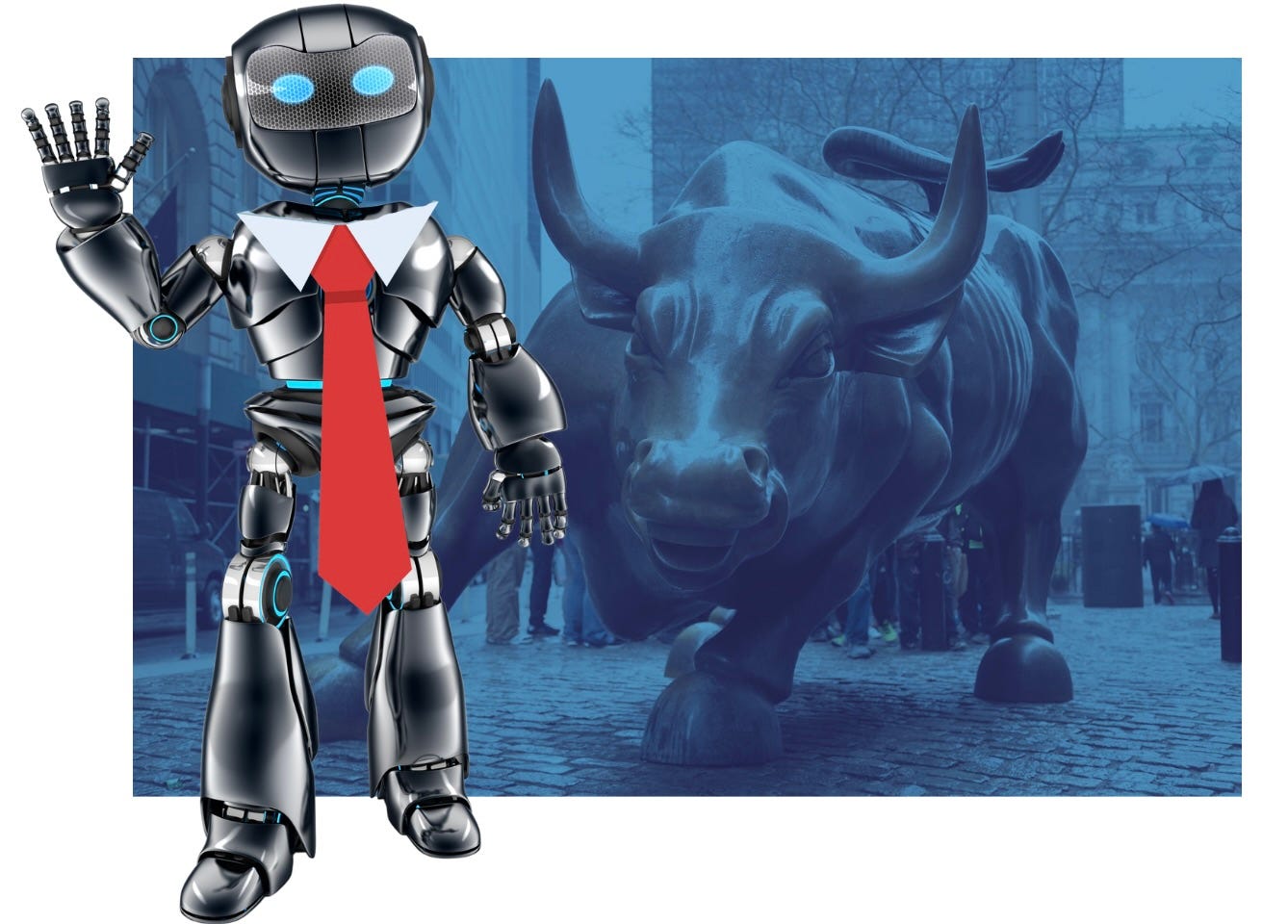Why Did WBD Mention AI 8 Times in One Call?
Our CEOs message savings, not revenue. Here's how to make making money a reality
If you listen to entertainment CEOs talk about AI to investors, you quickly learn that they’re mostly focused on one thing. Last May, WBD CEO David Zaslav mentioned AI eight times, touting its value in content discovery, ad-targeting, content recommendation, inserting ad breaks at the right time while generally promising to “utilize AI to increase productivity in all facets of business operations.”
When Skydance CEO David Ellison gave a presentation to Wall Street after announcing his provisional deal to acquire Paramount Global, its investor deck stated its intentions: “AI tools enhance creativity while driving production efficiencies.”
Only Netflix co-CEO Ted Sarandos bucked the trend in talking about AI as being good for more than just creating “efficiencies” (cost savings). “I think that AI is great,” he said. “[It’s] going to generate a great set of creator tools, a great way for creators to tell better stories.”
Hollywood studio execs seem to believe that every time they utter those two magic letters, a little stock line floating in front of their eyes will go up, even as no one offers any real specificity in how exactly anything they’re doing with AI would merit that uptick.
This surge in entertainment’s leaders evangelizing the power of AI comes at a curious moment, because Wall Street, tech analysts and even some of the venture capitalists which have fueled AI as a gold rush are pulling the proverbial needle off the record this summer. Goldman Sachs released a report in late June with the devastating headline “Gen AI: Too Much Spend, Too Little Benefit?” That opened the door for others to raise their own version of this question, including CNBC’s clickbait-y segment titled “AI’s trillion-dollar time bomb.” Last week, there was, in fact, a $1 trillion selloff in AI-related stocks.
Sounds bad! Last I checked, Hollywood doesn’t have $1 trillion.
With this rather dramatic turn in sentiment from the institutions which were cheerleading AI not so long ago, one has to wonder: Have Hollywood studios arrived at the party too late? Does this mean AI skeptics (and haters) can breathe a sigh of relief that this’ll all be over soon?
For Hollywood, conspicuously absent from the AI conversation taking place over the last few weeks, one has to separate AI-the-investment narrative from the actual AI toolsets that exist today and are being developed. We know that almost every studio boss is stating the importance of AI, but how AI will directly impact studios isn’t clear.
To be slightly cynical: Is it possible that Wall Street has been driving the needs of big studios to have any kind of AI strategy? Could it be that strategic planning teams were furiously typing “Make Us an AI Business Plan” into Chat GPT (4o, not older versions) in order to find some way to boost their stock prices? In February, Disney activist investor Blackwells demanded that Disney release an AI strategy, insisting that its stock price could increase by as much as 129 percent if it preached a “technology native stack and mindset.” (No doubt, something David Ellison must have taken note of in advance of his remarks.)
Doesn’t much of this feel like tech cosplay? (Comic-Con was just last weekend, after all.) No matter how much I squint, I can’t quite see Paramount as a tech company (yet), nor have I seen hugely meaningful strides in AI at the other studios, even the tech-first ones.
First, Hollywood has to get out of just seeing AI as a way to cut costs. The tech, even today, can generate revenue. While the truly “revolutionary” uses of AI — like the one-prompt personalized shows I explored in my last column — may seem far off, there’s a lot of opportunity in between rampant slashing of junior staff and a techno-optimist vision.
So how should a big studio do AI today? In this article, you’ll learn:
How studio leaders should reframe the AI conversation to their benefit
How AI can help streaming churn
The challenge of current product-market fit with AI
Why studios need to embrace AI’s most ho-hum capabilities first
The single-easiest way studios can start to make money from AI today (think: international)
How AI visual-effects tools can deliver never-before-seen experiences in films where you wouldn’t expect them
Where studios with streaming services should deploy AI to make — and save — money at the same time
The actual lessons from Hollywood’s previous technological revolutions
Here now, some guidelines I suggest for studios:
This column is for paid subscribers only. For full access and to continue reading all Ankler content, paid subscribers can click here.
Erik Barmack is a working producer and the founder of Wild Sheep Content. He also runs a news site dedicated to AI in the entertainment industry called AI in Hollywood. Jocelyn Wexler contributed additional research to this piece.




